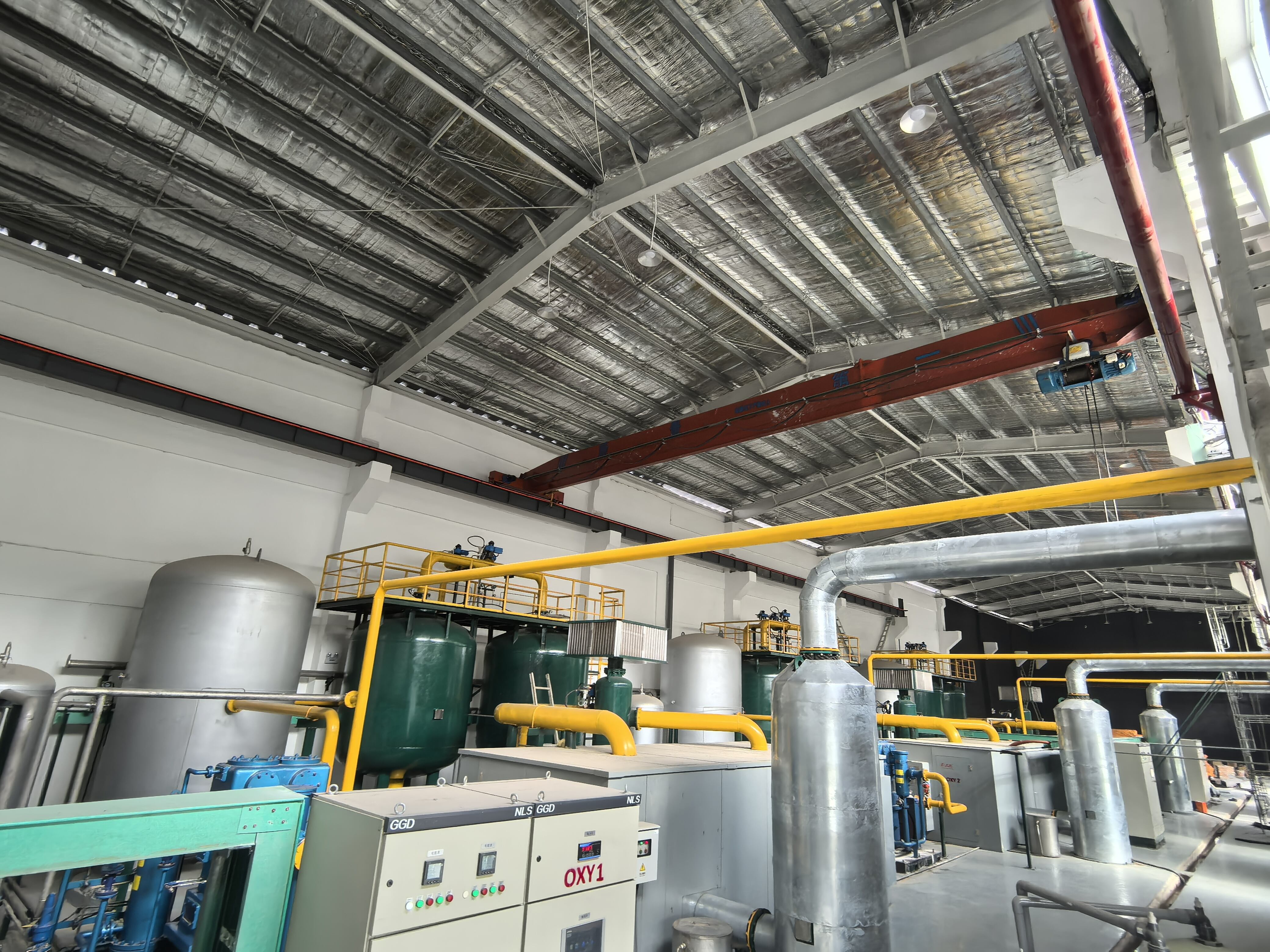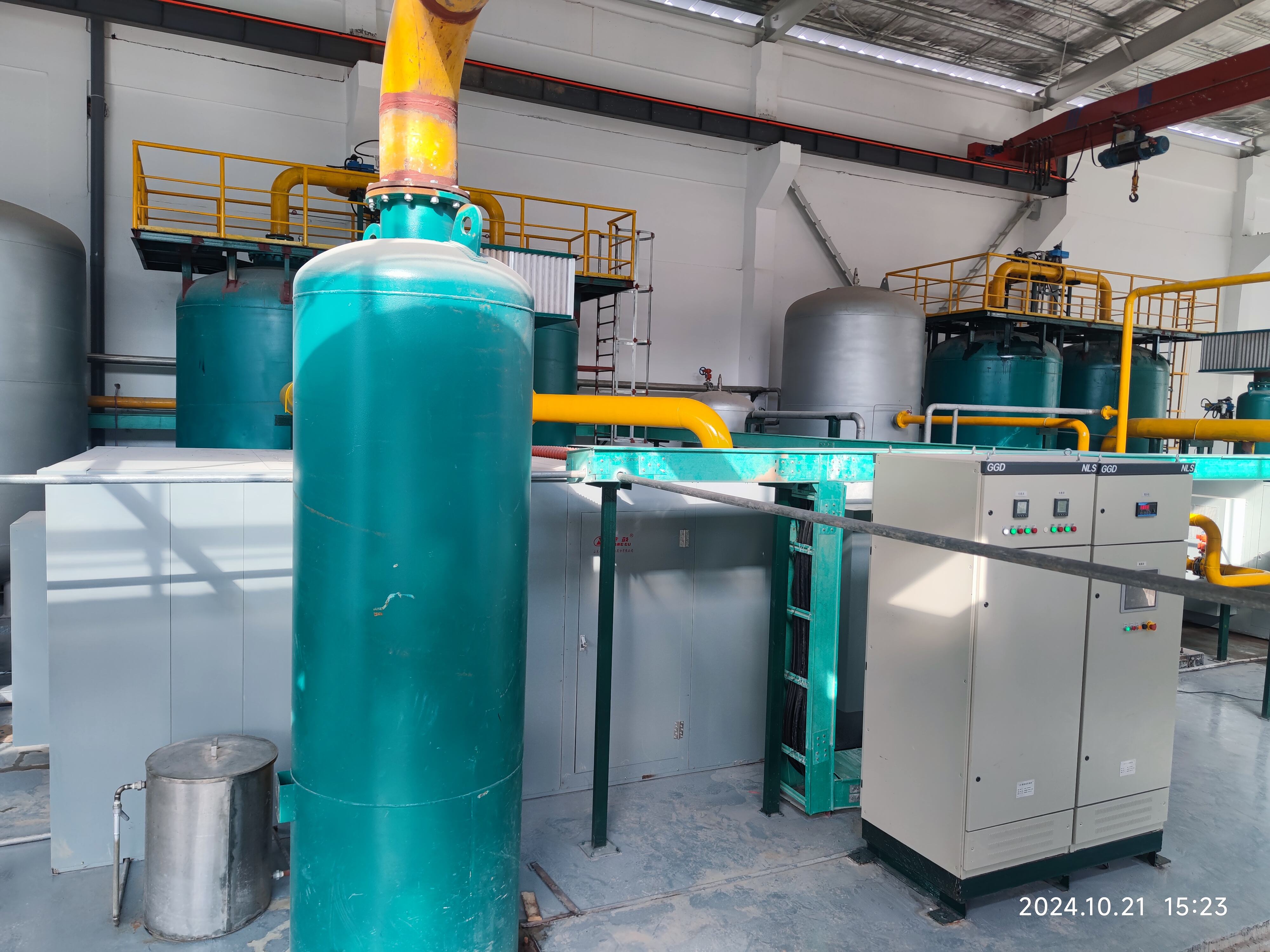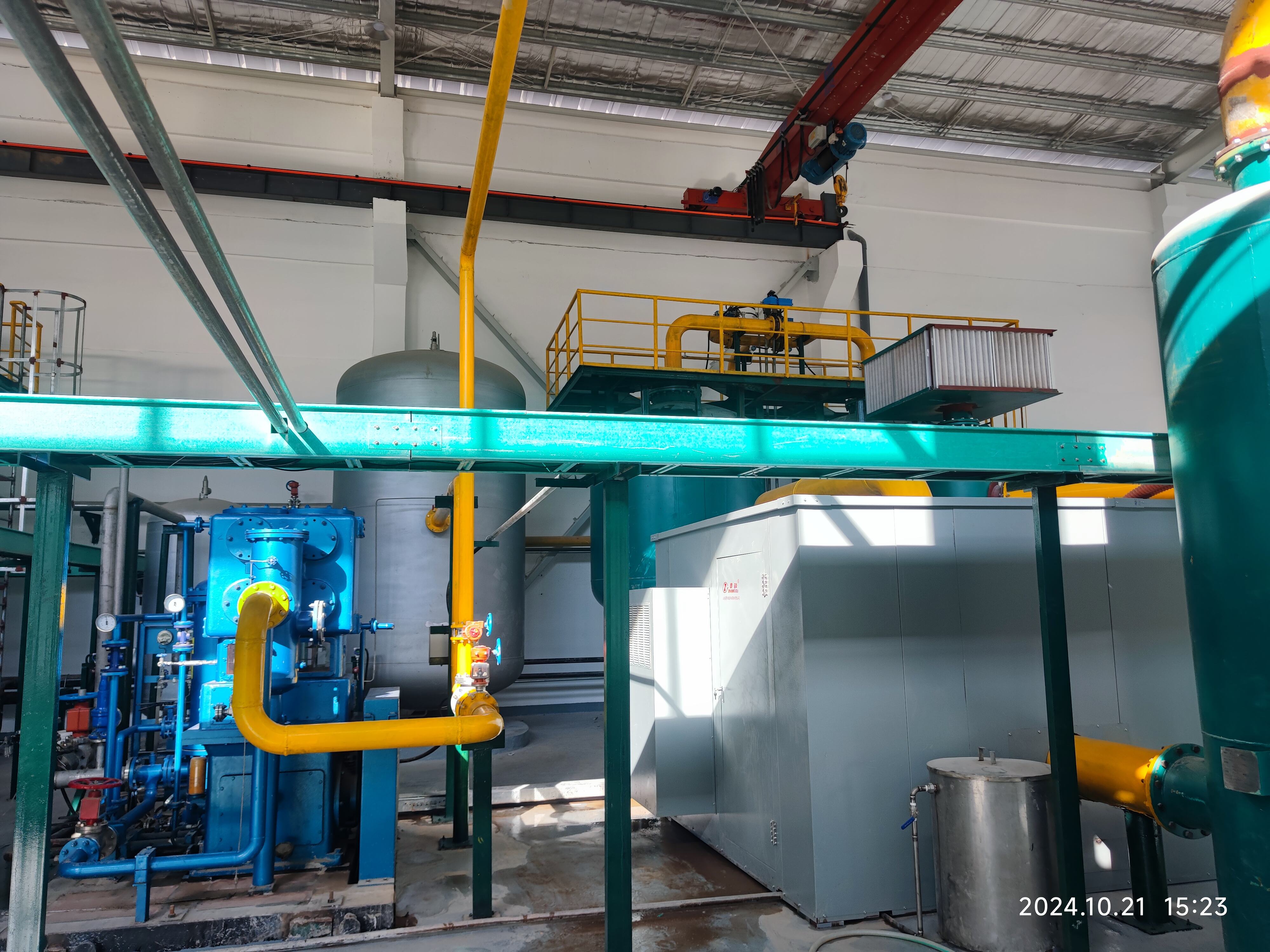ລົງທະບຽນການປະຕິບັດ vpsa
ການປະຕິບັດຂອງ VPSA (Vacuum Pressure Swing Adsorption) ເປັນເทີ່ນິຍົມໃນເทື້ນຳສູງສຸດທີ່ໃຊ້ໃນການແຍກແລະຫຼວງການການ. ລະບົບສູງສຸດນີ້ເຮັດວຽກຜ່ານການປ່ຽນແປງຄວາມດູນທີ່ຖືກຄວາມໄວພຽງແລະໂດຍເປັນພິเศດໃນເຮືອງທີ່ເອົາເຂົ້າ. ການປະຕິບັດເລີ່ມຕົ້ນຂຶ້ນໂດຍການດຳເນີນການເອົາເຂົ້າທີ່ມີຢູ່ໃນລຸ່ມທາງການເອົາເຂົ້າ, ເຊິ່ງຈະຖືກกรົ້ນເອົາອອກເພື່ອລົບລົ້ມສິ່ງປະກອບແລະສິ່ງປະຕິບັດ. ອາກາດທີ່ຖືກกรົ້ນແລ້ວຈະຜ່ານເຂົ້າໄປໃນເຫື່ອທີ່ມີເສັ້ນແຍກ, ສ່ວນຫຼາຍເປັນເສັ້ນແຍກທີ່ມີຄວາມສັນຍາທີ່ເລືອກເອົາເປັນພິເສດເພື່ອແຍກເອົາເຄື່ອງປະຕິບັດທີ່ມີຄວາມຍາວແລະຄຸນລັກສະນະ. ການທີ່ສະແດງ VPSA ໄດ້ແຕ່ມີຄວາມພິເສດໃນການປ່ຽນແປງຄວາມດູນ, ທີ່ປ່ຽນແປງຈາກລຸ່ມເຖິງຄວາມດູນສູງສຸດເພື່ອສູງສຸດໃນການແຍກແລະຫຼວງ. ລະບົບນີ້ໃຊ້ເຫື່ອຫຼາຍທີ່ເຮັດວຽກທຳມະນາ, ເພື່ອສູງສຸດໃນການຜົນລົງທີ່ເຮັດວຽກທຳມະນາ, ເນື່ອງຈາກເຫື່ອເອົາເຂົ້າໃນການເຮັດວຽກທຳມະນາ. ລະບົບ VPSA ມີຄວາມສົມບູນທີ່ສຳຄັນທີ່ສຳເນີດແລະແປງຄວາມສູງສຸດໃນເວລາທີ່ຈິງ, ເພື່ອສູງສຸດໃນຄວາມສູງສຸດແລະຄຸນລັກສະນະ. ເທື້ນີ້ມີການເອົາໃຊ້ຫຼາຍໃນການຜົນລົງທີ່ເຮັດວຽກທຳມະນາ, ເປັນພິເສດໃນການຜົນລົງທີ່ເຮັດວຽກທຳມະນາ, ເປັນພິເສດໃນການຜົນລົງທີ່ເຮັດວຽກທຳມະນາ, ເປັນພິເສດໃນການຜົນລົງທີ່ເຮັດວຽກທຳມະນາ. ການປະຕິບັດນີ້ສາມາດເອົາໄປໃນຄວາມສູງສຸດແລະຄຸນລັກສະນະ, ເພື່ອສູງສຸດໃນການຜົນລົງທີ່ເຮັດວຽກທຳມະນາ.


